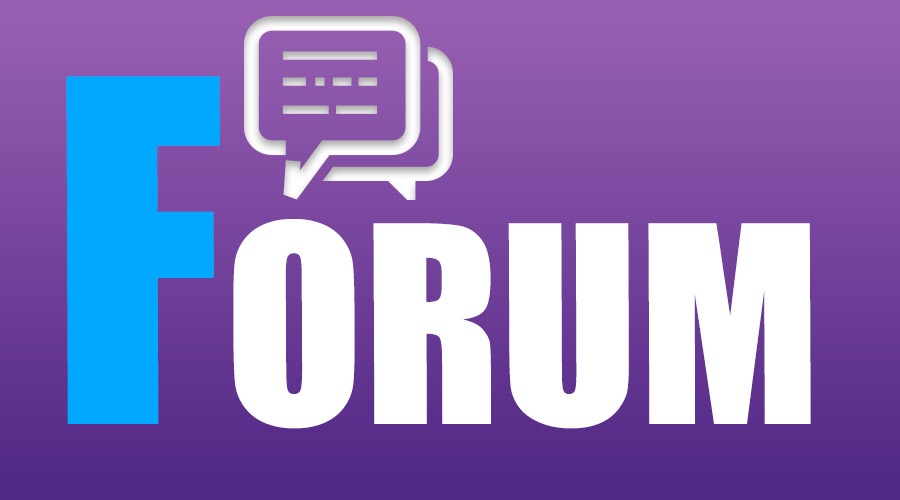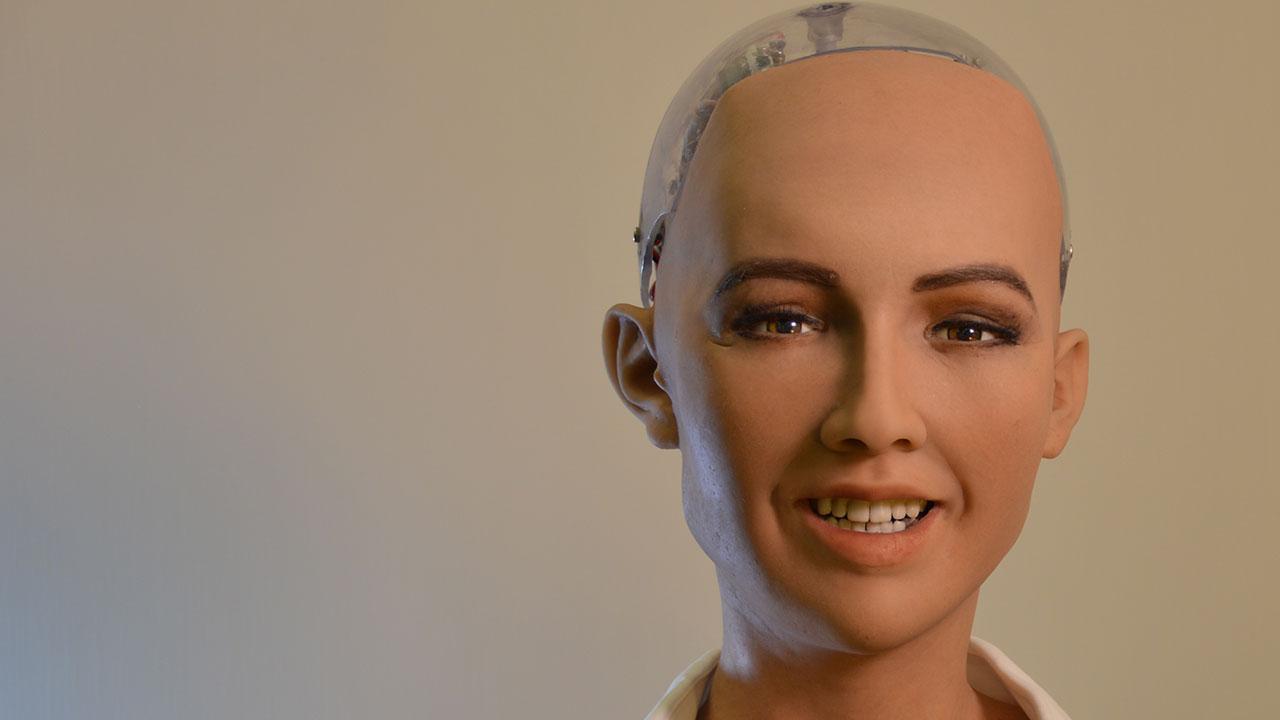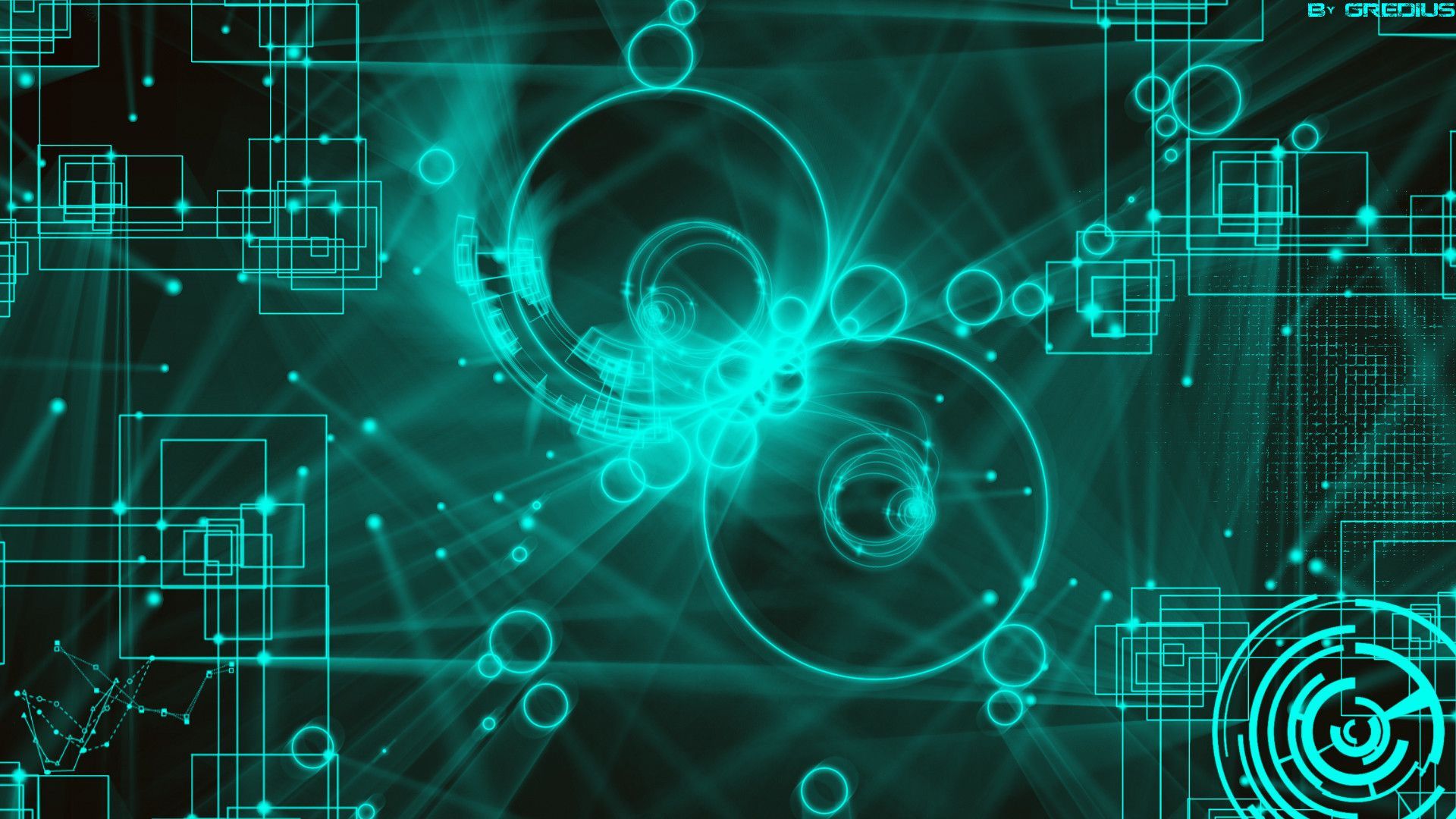
Artificial intelligence (AI) is one of the most advanced and controversial new forms of technology currently being researched, with many top scientists believing that its very existence could put humanity at risk. However, humankind should embrace this technological breakthrough, because it’s exactly what civilization needs to progress in many areas.
AI is well suited to work with data analysis systems to handle the endless stream of user data that internet companies collect. All that data sorting and processing is too difficult for human workers to accomplish, and it would also not be cost effective. Furthermore, humans are apt to make errors with that much data.
What if we were able to create an AI system to help us do difficult data analysis with improved accuracy? That would free up human workers to perform different tasks which require creativity and innovation – something that AI cannot perform. Overall, AI is just a tool to help us improve our efficiency and help us from doing basic busy work.
One major cause for concern lies with scientists who are attempting to build androids with AI. Many see the creation of this new form of life as being similar to how Neanderthals were taken over by homo sapiens and they are afraid that history will repeat itself.
Instead, AI should be positioned as a tool to help humans in some areas, focusing on its practicality, instead of making it a rival to humanity.
According to Global Times, Chinese scientists and ophthalmic geneticists developed an AI system to classify images for macular degeneration and diabetic retinopathy, and accurately distinguish between bacterial and viral pneumonia on chest radiographs. Their research was published in “Cell” magazine.
“AI technology has huge potential to provide revolutionary changes in diagnosing diseases through big data analysis, which is hard for human doctors,” Chief ophthalmic geneticist Zhang Kang said, according to Global Times.

Artificial Intelligence Robot Sofia. (Photo: fortune.com)
Hong Kong-based technology company Hanson Robotics developed and activated Sofia in 2015, which was the first robot to obtain a nationality in the world. As Sofia became more exposed to the public, she and her build team established a method for all AI developers on the idea of designing AI robots.
According to Google’s AI department, the newest achievement in Google Duplex, which is the AI system for accomplishing real-world tasks over the phone, can now generate voice calls to book restaurant or hair salon reservations. Their system sounds exactly like a human, but with a slightly longer response time between sentences.
Google’s Duplex is one example of how we can use AI to perform menial tasks.
For now, scientists are using what is called “weak AI,” which is a type of AI designed to focus on narrow tasks. As of now, there are still many difficulties for creating “strong AI.”
In order to develop strong AI, which will theoretically have autonomous consciousness, scientists need breakthroughs on artificial neural networks. If this is accomplished, humanity can use AI to advance fields like neurology or epidemiology – which is the study of diseases.
It is understandable that some scientists have concerns about the morality concerning AI and androids and these concerns have been examined in books, films, and even TV shows. While humanity is still many years away from developing AI like the robots in Westworld, we still need to prepare by advancing our technology to handle these concerns.
It’s easy to see that life can benefit from AI development, from studying diseases and beyond. Yet, it would be irresponsible to deny AI development based on short-sighted fears.
Technology advances quickly, but it is humanity’s job to limit it before it becomes a problem. The consensus of AI developers say that humanity needs to treat AI technology just like the development of smart phones and computers, and not the creation of a new species. We need to progress and improve, because turning back is never a solution for resolving issues.

Humans should get ready to embrace the changes that AI technology can bring to the world. At the very least, weak AI should be celebrated for the help it currently provides to many industries. As for strong AI’s advancements – the technology is improving, and we need to prepare ourselves because these changes are irreversible.


